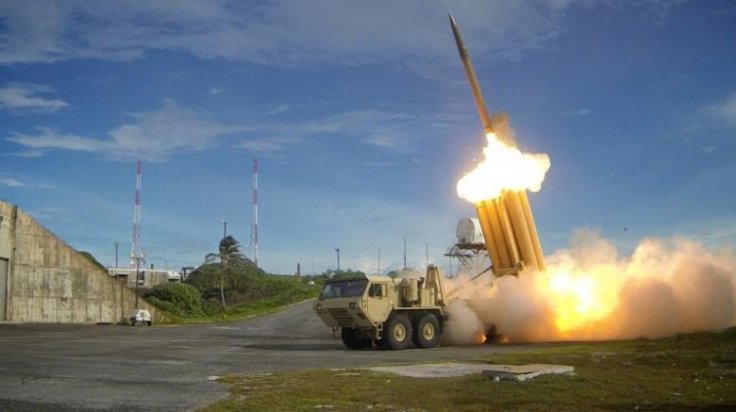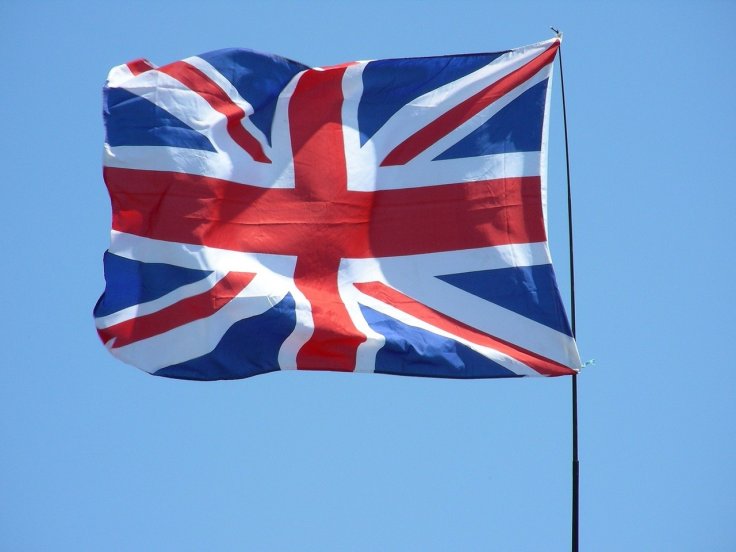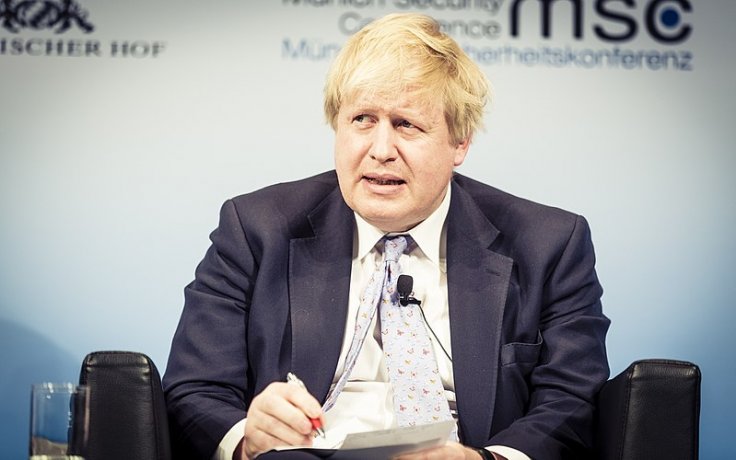The fresh round of budget was unveiled by British Prime Minister Boris Johnson and will partly be spent on a National Cyber Force of hackers and a new Space Command designed to protect orbiting satellites and launch its own rockets. The announcement comes at a time when UK's public finances have been stretched by the coronavirus pandemic.
Britain's Big Plans

The amount will be spent over a period of four years and comes on top of the existing budget. The UK had a military budget of £41.5 billion for 2020-21. Moreover, the decision to boost the military budget comes at a time when billions of dollars are flowing out because of the pandemic.
"I have taken this decision in the teeth of the pandemic because the defense of the realm must come first," Johnson said in a statement Wednesday. Also, Britain is keen on showing US president-elect Joe Biden that it wants a strong military capability after Brexit and aims to carve out its new place on the international stage.
Moreover, the announcement comes just two months before Britain enters the Brexit phase and coincides with Joe Biden taking office in the US. Naturally, the boost in military spending is in a bid to help Britain position itself as one of the largest defense spenders in the continent and the second largest in NATO, which is also likely to please the United States.
Details of the Spending

One of the ambitious projects with the new military budget will be toward forming the long delayed National Cyber Force, a group of computer hackers who will conduct offensive operations. The National Cyber Force has been in the planning stage for almost three years now as things got delayed because of the turf wars between the spy agency GCHQ and the Ministry of Defence, to which the unit is expected to jointly report.
The idea behind the National Cyber Force is to create greater visibility and coherence to offensive cyber, a capability that the UK claims to have had for a decade but has rarely acknowledged or discussed. Besides, there are plans to create a Space Command that will be able to launch own rockets from 2022 along with an all-new agency dedicated to artificial intelligence.
How Will The New Units Function?

The National Cyber Force will be one-of-its-kind not only in the Europe but also globally. Once the unit is created, it will be used to hack into systems to understand how terror groups operate. The Space Command is yet another ambitious project that was promised in the Conservative election manifesto, and comes at a time when major military powers are rapidly showing an interest in space.
The space command staff will comprise personnel from all three of the armed forces — army, navy and the air force. Britain's new Space Operations Centre is based at the RAF headquarters in High Wycombe and is less than a year old. However, it is far less effective than the US space force given that the UK's capability in space is far behind that of US, Russia or China.
Some of the amount will go into creating an AI agency, the details of which were unclear till Wednesday. The boost in funds comes after a concerted push by the MoD for more money from the UK's Treasury. However, MoD already has a shortfall of £13 billion in its equipment budget, according to the National Audit Office.
Moreover, the decision to boost military budget comes just weeks after ministers resisted spending extra money to fund free school meals in the holidays, and a day after it emerged that the overseas aid budget is set to be cut by billions, from 0.7 per cent of gross national income to 0.5 percent, triggering criticism from senior Tories. It now needs to be seen how, the total budget is allocated and if further cuts need to be made from foreign aid budget amid this pandemic.









